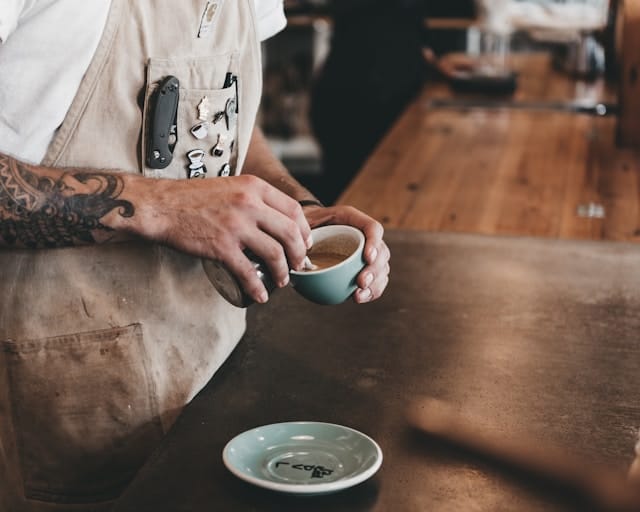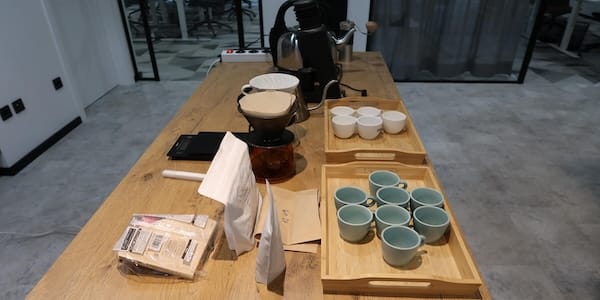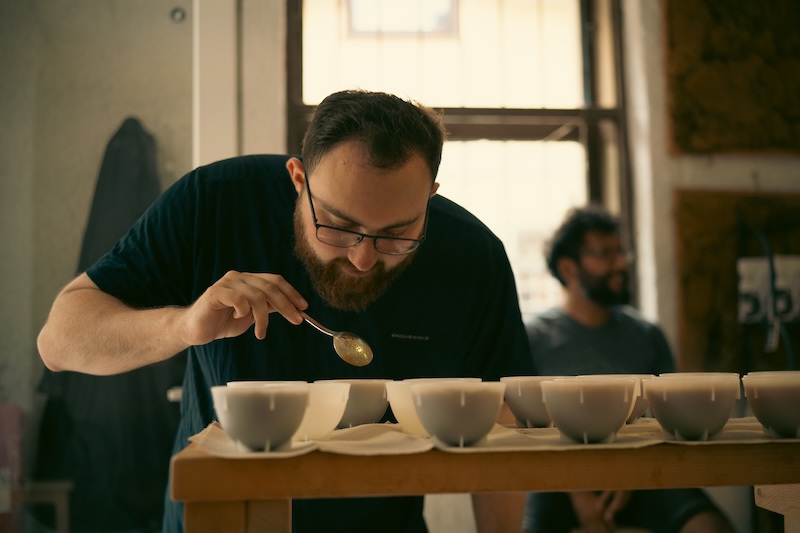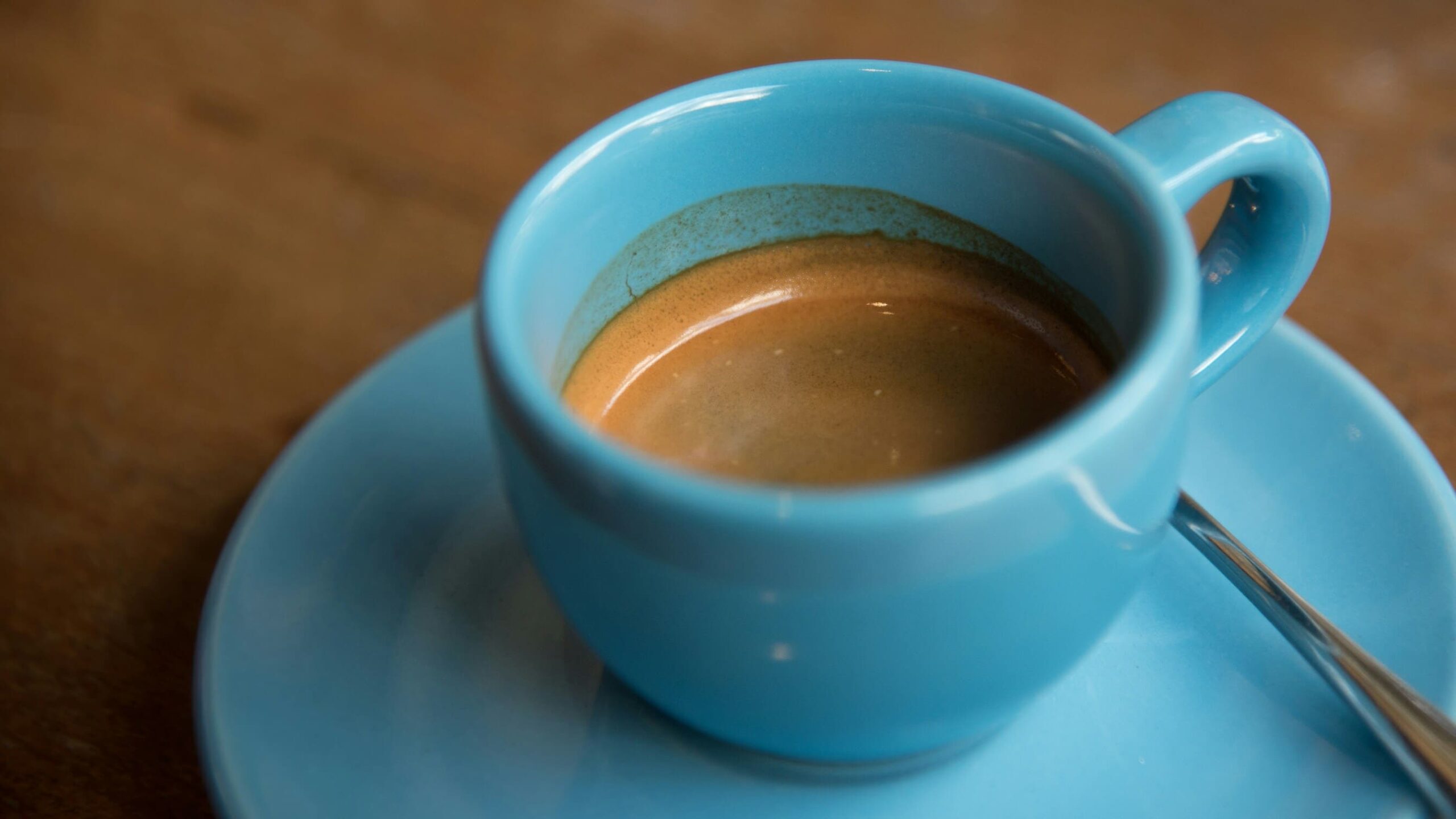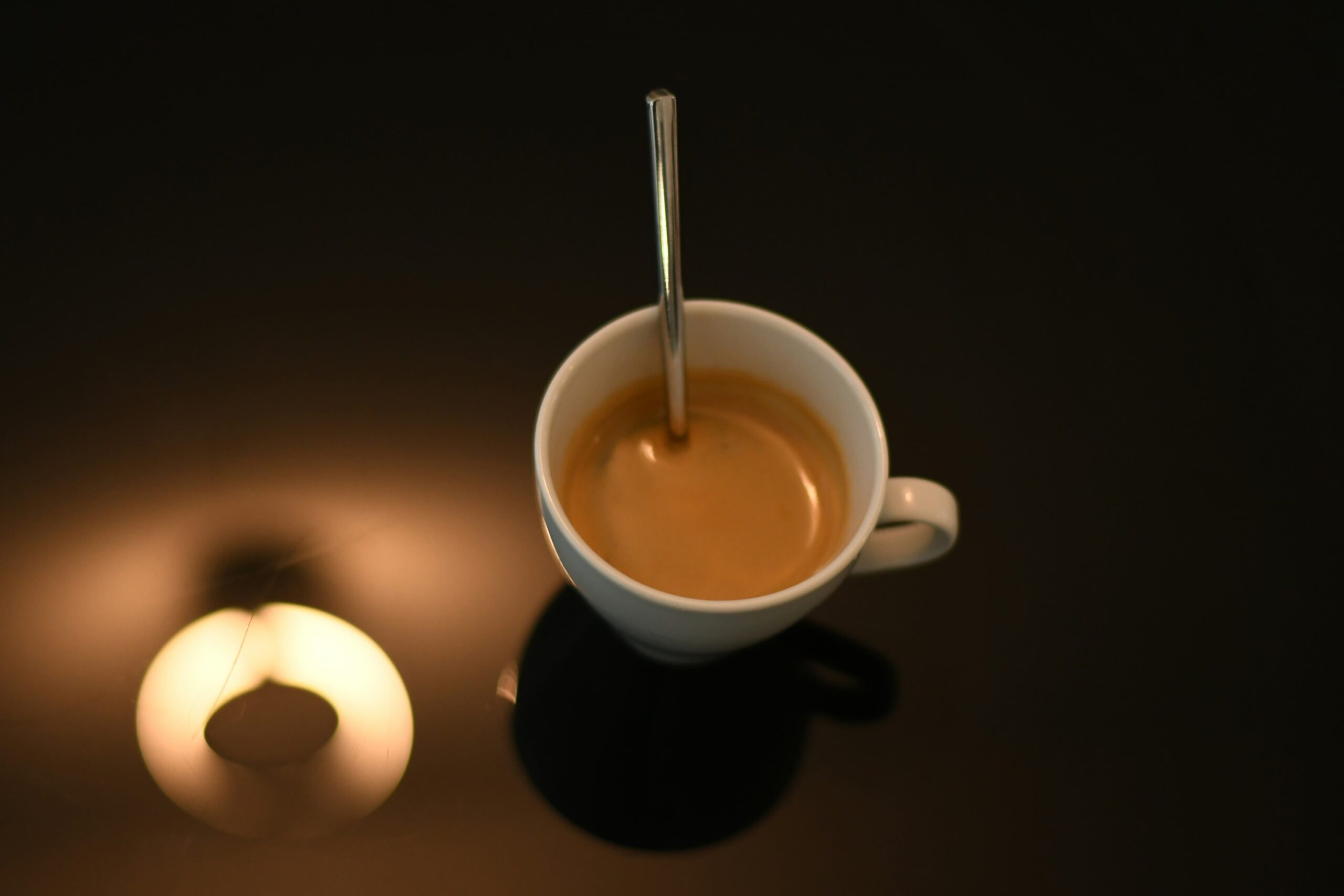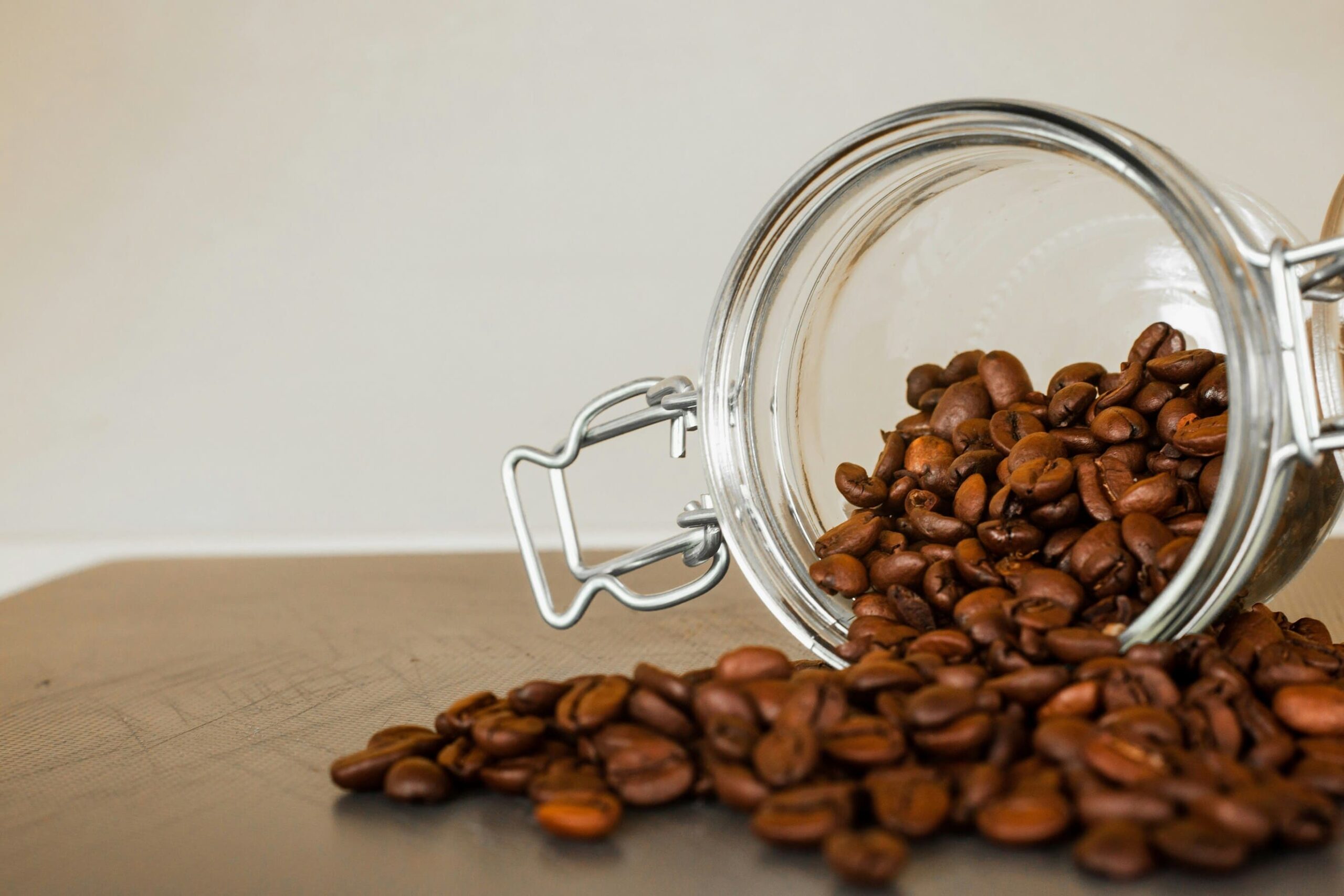ALL POSTS
ALL POSTS
What is Specialty Coffee?
7 min read
Last edit: Jul 9, 2025
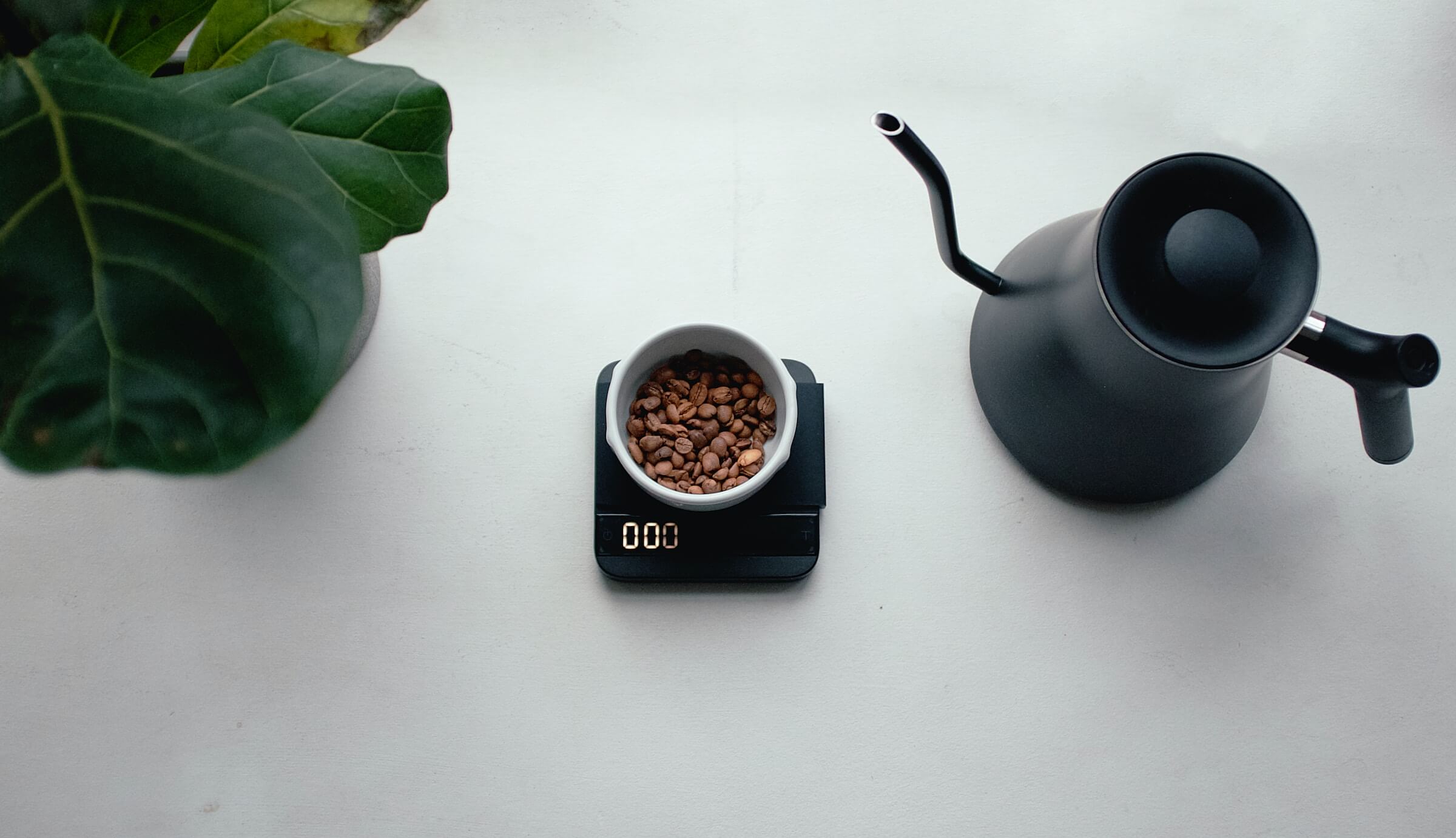
Coming from over 70 countries, coffee is an everyday necessity. Millions of cups of diverse coffee-based beverages are served worldwide every day. After all, you can even find coffee-flavored candy, liqueurs and recently even beers. So, since it is such a widespread commodity, it is bound to be standardized, averaged and just boring. But is it?
To understand what “Specialty Coffee” on an occasional coffee shop’s window means we need to go back to the beginning. But before we dive into the intricacies and details of Specialty Coffee let us just agree that onward the word coffee will mean an Arabica coffee species, since the other popular species, which is Robusta, deserves its article.
Origins and history of specialty coffee
Coffee originates from Ethiopia and for more than 600 years, it was treated not as a commodity to trade with the world but rather a strategically valuable source of joy for common folk, nobility and soldiery in the Ottoman Empire. Scientific research on the plant began only after coffee trees traveled with the Europeans around their colonies.
From that point, which is roughly around the 19th century, coffee quality evolved and with it does surrounding marketing and, for lack of a better word, mythology. So, however, there is demand for coffee beans.
Now, with coffee spread around the globe, it starts to adapt and change. New varieties emerge on the rich soil of Central and South Americas.
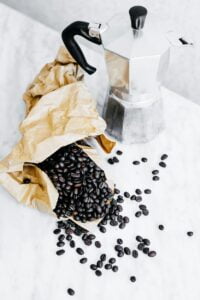
Even with dark roasted coffees with little if any nuance in flavor people would still recognize the difference in taste between beans from Colombia and Brazil, two leading exporters of Arabica coffee to this day.
With the new coffee-producing origins, traders and café the competition begins and one of the best ways to win customers is by delivering a product that is just better than your rivals.
With the constantly increasing quality of coffee beans that was (and still is) motivated by better crop deals for farmers, there suddenly appeared a problem. In the Age of Sail, coffee was just coffee but now some coffees are clearly better in flavor, aroma and overall appearance. So now the difference between coffees had to be clear and categorized for more accessible application. Furthermore, coffee coming from Ethiopia and Brazil would be made using different farming techniques, not only affecting the overall quality but also the price of such beans.
The “better quality equals better deal” scheme worked well and as a result in 1974 a new term emerged: Specialty Coffee. Invented by the late Erna Knutsen, she introduced it on pages of Tea & Coffee Trade Journal describing single-origin coffees with outstanding flavor profiles. Everything described by Erna coffees was special. The name caught on as a label for coffee that is better than others in every way.
Back in the days of the dominance of dark roast and overall negligence coffee would be described as chocolaty, bitter, and nutty. That is, if it would be described at all since it always was easier not to go too deep and just say that coffee tastes like, you guessed it, coffee. But as we know now coffee is a very flavorsome product, one that can compete with wine in the complexity of aromas and taste.
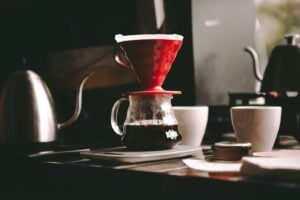
So with the introduction of lighter roasts, better coffee-related equipment, more studies and new-found curiosity we now have such coffee descriptors as fruity, floral, sweet and others easily found on many Specialty coffee packs ready to be picked up at your local coffee shop.
We now know that coffee’s flavor depends on factors such as terroir, processing method, roasting and even storing, not to mention actual preparation methods and recipes. And so you can differentiate Commercial coffee from Specialty by the taste.
First will appear less balanced, elegant, more bitter and not rich in aroma or flavor while Specialty coffee is flavorsome, nuanced, more acidic (like your average apple, not vinegar) and sweet and even if brewed with different techniques will still yield good results.
But what exactly defines Specialty Coffee, or is it just a subjective characteristic that any coffee crop can be labeled with?
Standard for specialty coffee
Just making a coffee-related professional say that this or another coffee lot is special would not cut it for one to be genuinely called Specialty.
For coffee to get all the benefits of being above Commercial and Premium it must meet the following conditions:
- Transparent way of a coffee lot from a producer to the supplier.
- At most 5 green coffee beans with minor (Category 2) defects among 350gr batch.
- Achieving a minimum 80 (out of 100) score after cupping by a panel of Quality coffee Graders (Q-Graders).
The first point is clear: one would need to know where the coffee is coming from, including region, processing method and station, variety/cultivar, altitude on which coffee was grown and more. That sort of information is needed both for business and consumers.
But what is with defects and Categories and that obscure 80-100 score? At this point, it is better to take a sip of coffee and get ready because from now it does not get any easier.
Green coffee defects
To put it simply: not all coffee beans are the same, due to different causes are damaged, underdeveloped or otherwise compromised. Such roasted beans will taste less than stellar but also diminish the overall taste quality of the whole batch. Apart from that, during harvest, some other than coffee objects may get into the bag.
So defects can be divided into 2 categories:
- Category 1 defects are, for example, fully black bean or a stick. Literally a stick. Or a stone.
- Category 2 defects can be something like a slightly chipped or damaged insect bean.
In an ideal world, we all want coffee packs with 0 defects, and we do get them but after the roastery gets their grip on the crop and sorts everything that should not be there with specialized machinery.
But the initial evaluation happens with whatever green coffee producer will supply the laboratory with.
With defects out of the way (and out of our control green coffee batch) we proceed to read into a scoring system for Specialty coffee.
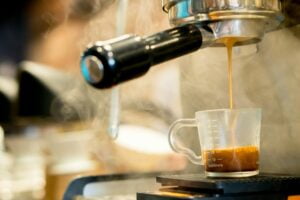
When evaluating coffee’s sensory qualities, professionals use a specially designed scoring sheet, which helps to put feelings on paper and convert them into numbers. Anybody can use the protocol, but getting “calibrated” within your coffee-tasting panel is better to get more accurate results.
The process looks like this:
Roasted coffee beans are grinded (14gr) and steeped in hot water (93 +/- 3C) for four minutes, after that the crust that has built up is cleaned. Then, after waiting for 4-6 minutes more the cup-tasters start trying the coffee using special spoons while putting marks in the evaluating sheet.
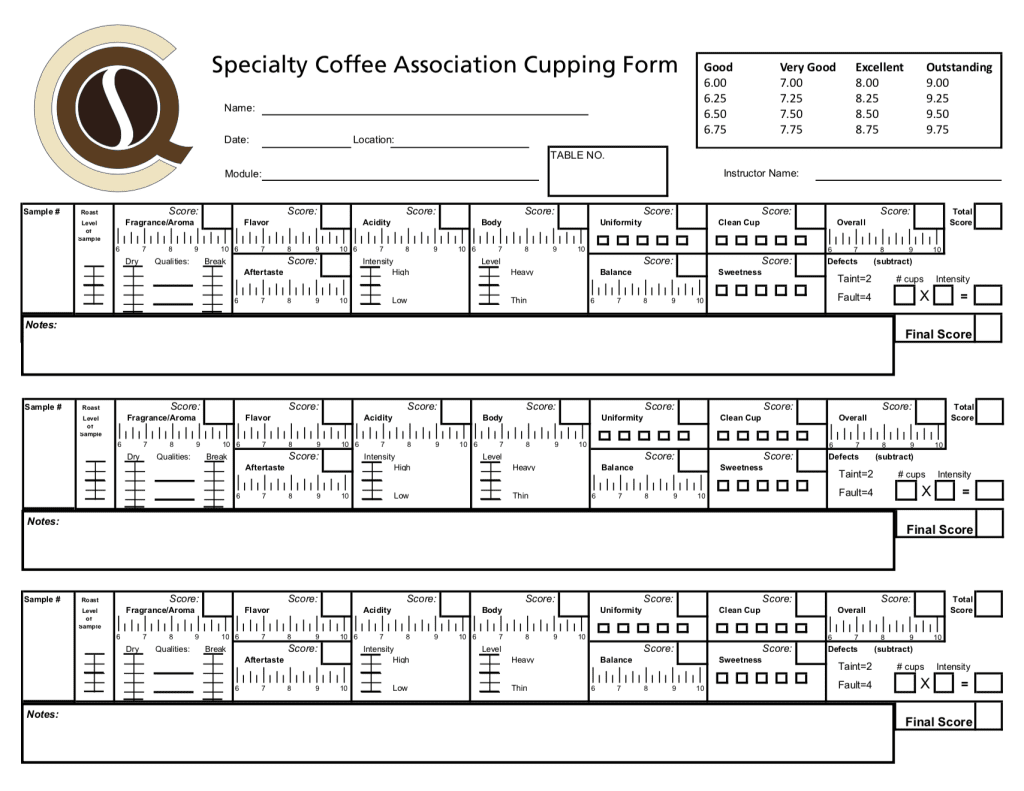
So, if your coffee averaged on 80 or above it can be considered Specialty.
It is important to note that although cup tasters do try a beverage made of roasted coffee beans the resulting score is assigned to green coffee.
Therefore, it does not mean that any coffee pack boasting an 80+ score will taste good since after initial evaluation there is a world of accidents that may happen with the beans. Starting from an inaccurate roasting profile and ending with a poorly executed extraction.
Ultimately, the Specialty title is a sign of an immense flavor and aroma potential that takes a lot of knowledge and attention to develop.
Why is specialty coffee sour?
The centuries-long tradition of roasting all coffees dark for an average taste made almost all coffee-drinking humanity believe that coffee is an inherently bitter-tasting beverage made of dark, sometimes black and glistening beans.
The truth, however, is that coffee can be rich and diverse in its flavors and to actually get all the monastery one would have to roast the beans lighter.
Originally, roasting coffee beans dark was a way to ensure that growing a tree from it would be impossible — that way the monopoly on coffee production would be maintained.
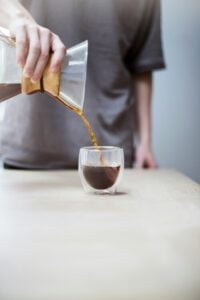
Roasting is a topic of its own, the darker your beans are roasted, less complex flavors are retained and more bitter tastes are developed. The sourness in coffee can be different, pleasant or unpleasant, but in general it is followed by sweetness. That combination brings out fruity and floral notes and tender and elegant notes of cocoa, spices and other enjoyable products.
Naturally, different origins yield a wide spectrum of flavor profiles. Drinking Specialty coffee from, let’s say, Ethiopia will be an absolutely different experience from that of Brazil or Indonesia. And inside of all coffee-producing countries, there is a plethora of microclimates, regions and hidden terroirs yet to be discovered as Specialty coffee growing locations. Thus, every pack of Specialty Coffee is a ticket to a faraway culture, and every cup is a short but joyful trip.
Specialty coffee is a complex and exciting theme that will be discovered on our blog in more detail with the following stories.
What would you like to know about coffee in our next read? Leave us a line and we will indulge!
So while we are working on more material for you to read on, do try to find some Specialty coffee to embark on a flavorsome journey with.
Would you like to learn more about other coffee roasters in Slovenia? Here are the guides.



